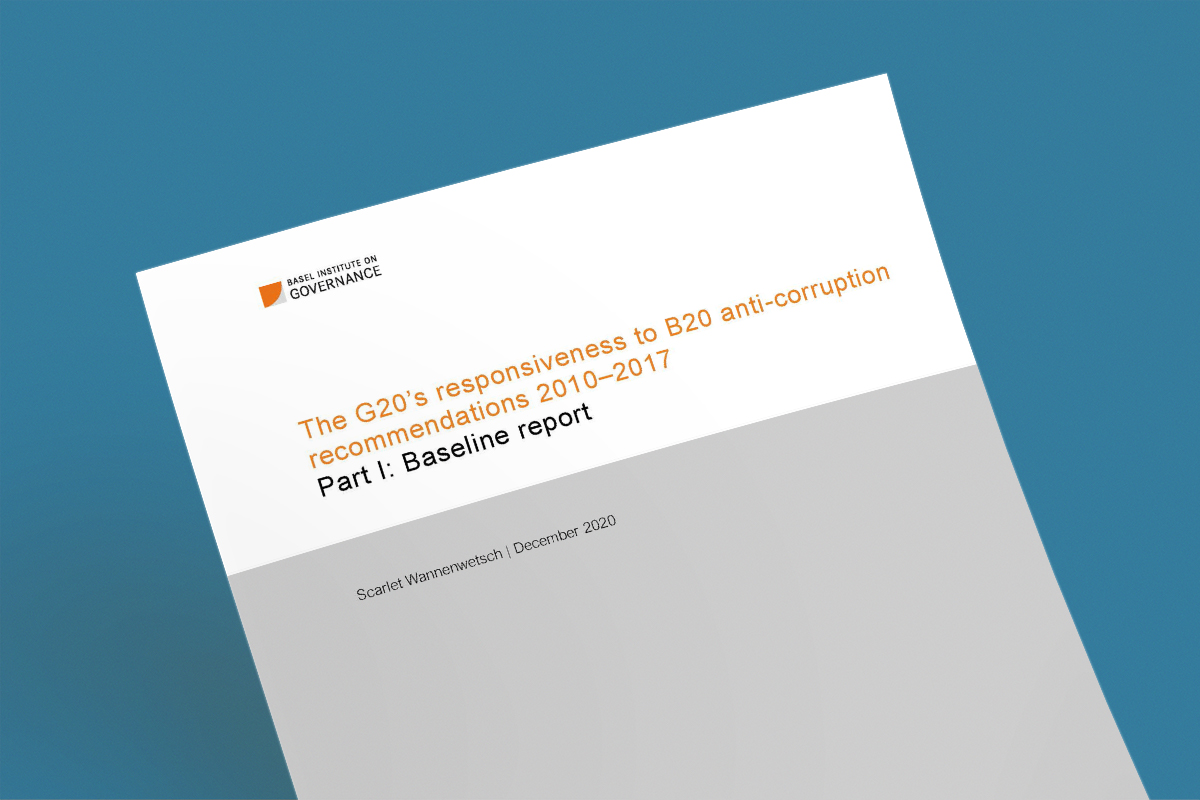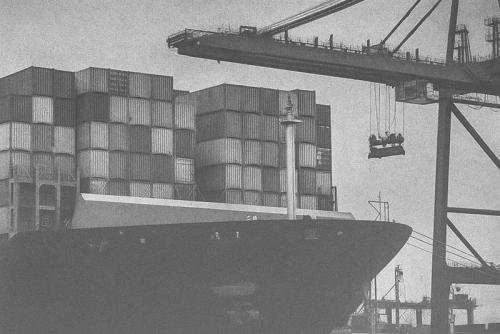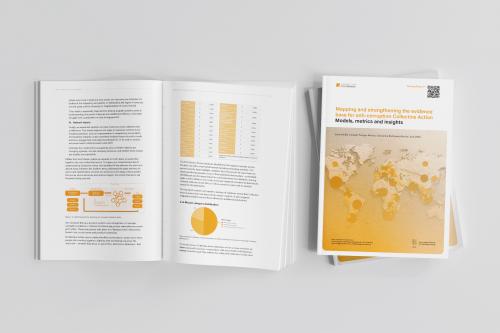New report highlights 3 ways to enhance B20–G20 dialogue on anti-corruption

How effectively does the Business 20 (B20) process channel recommendations on anti-corruption from the business community up to the Group of Twenty (G20) leaders? Are there ways to increase the uptake of B20 recommendations by the G20 Anti-Corruption Working Group (ACWG) and in the final Communiqué at the G20 Summit?
The hundreds of business representatives that take part in B20 process each year, including in its anti-corruption workstreams, are keen to know the answers to those questions. Simply put, they wish to know that the time and effort they invest in the B20 process is well spent. Participants rightly want to make the process as efficient and effective as possible.
This paper helps to answer the questions by analysing the responsiveness of the G20 leaders to the B20’s recommendations on anti-corruption from 2010 to 2017. The analysis uses three previous attempts to measure the impact of the B20 process on G20 outcomes, by the German and Russian presidencies and by the International Chamber of Commerce (ICC).
Three points stand out:
1. Standalone taskforces or cross-cutting workstreams?
First, the form of the anti-corruption workstream matters. Taking advantage of the flexibility of the G20 process, most presidencies in this period have set up standalone anti-corruption taskforces. Benefits include clear ownership of the topic and a more focused, sustained and coordinated discussion.
Others have included corruption as a cross-cutting theme. The Australian presidency in 2014 did both, and was the most successful in terms of uptake of anti-corruption recommendations.
2. Strong, ongoing relationships
Continuity and relationships are vital in a process that evolves so dynamically each year, with each presidency setting its own priorities and establishing its own working structures. The B20 has cultivated a close working relationship with the ACWG, a factor that has clearly and positively affected the uptake of its anti-corruption recommendations.
This is important because the ACWG’s bi-annual or tri-annual Anti-Corruption Action Plans are the central working documents to capture and translate G20 commitments into action and to report on progress. They are one of the few ways of holding G20 leaders to account for their commitments on anti-corruption.
3. Strategic alignment of focus topics
The analysis also highlights an increased uptake of B20 anti-corruption recommendations following a more strategic and pragmatic alignment of the B20 with G20 focus topics.
So far, so high-level
During the first seven years of the B20 anti-corruption work, the G20 uptake has been limited to high-level recommendations. Action-oriented recommendations were ignored.
The B20 has, for example, consistently called on G20 governments to work together with the private sector to foster anti-corruption Collective Action initiatives and to support the development of High Level Reporting Mechanisms (HLRMs) to address corruption issues in public procurement – so far to little avail.
Looking back to look forward
Taking stock and assessing the effectiveness in uptake not only helps to better tailor the B20 approach for upcoming cycles. It is also an important tool to demonstrate impact to engaged businesses, to strengthen sustainable engagement and to ensure the impact the B20 process is striving for reflects the expectation of the engaged business community.
We hope this analysis, and our plans to apply similar assessment methods to the 2018-2020 cycles, will help to hone the efforts of those involved in the B20 anti-corruption dialogues in upcoming cycles. All eyes will be on Italy now, which takes over the presidency from Saudi Arabia in 2021.
Download the report here. This report is part of a wider Collective Action project funded by the Siemens Integrity Initiative.



